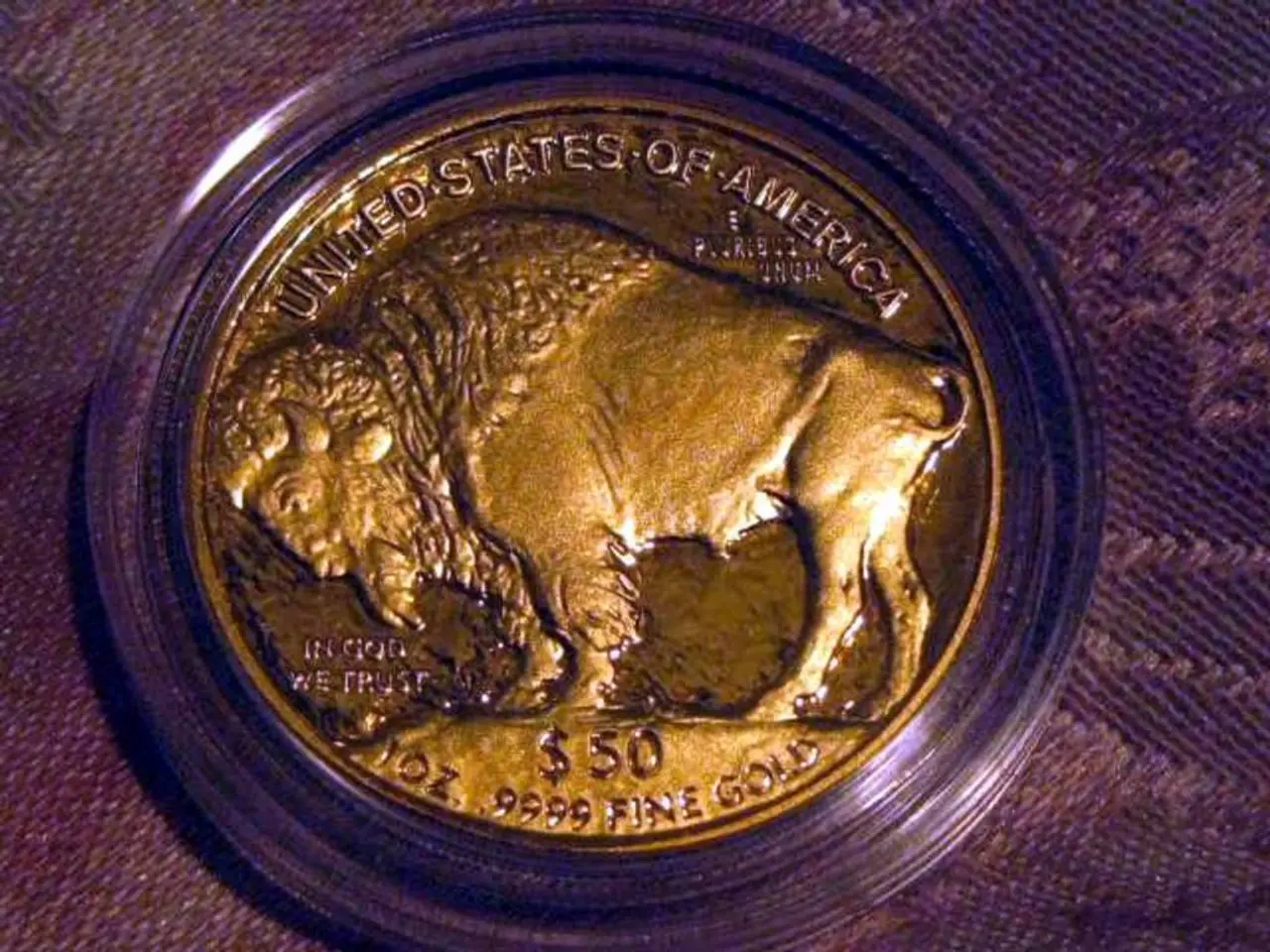El Salvador's Financial Landscape Shifts: IMF Softens Bitcoin Stance, $1.4B Credit Program Secured
El Salvador's financial landscape has seen significant shifts recently, with the IMF softening its stance on Bitcoin use and the country securing a $1.4 billion credit program. However, a reported $1.4 billion credit offer from China remains unconfirmed.
El Salvador's adoption of Bitcoin as legal tender in 2021 led to tensions with the IMF and a drop in bond prices. The country returned to the bond market in April 2022, raising $1 billion. Meanwhile, new regulations allow the private sector to accept Bitcoin voluntarily. President Nayib Bukele's confidence-boosting moves, such as buying back dollars and prepaying bonds, have helped stabilize the economy.
In October 2022, El Salvador conducted a debt-for-nature swap and sold $1 billion in 30-year bonds to reduce debt. The IMF's Executive Board is yet to approve the agreement, but its softened stance on Bitcoin use in El Salvador has ended uncertainty for investors in Salvadoran bonds. The agreed credit program will be disbursed over 40 months.
Despite the IMF's softened stance and the agreed $1.4 billion credit program, a reported $1.4 billion credit offer from China remains unconfirmed. While El Salvador has made strides in its financial landscape, the unconfirmed Chinese offer leaves some uncertainty. El Salvador's relations with China, which recognized the country in 2018, have improved, but no official confirmation of the large credit offer has been made.
Read also:
- Strategizing the Integration of Digital Menus as a Core Element in Business Operations
- Financial Actions of BlockDAG Following Inter and Borussia Agreements: Anticipating Future Steps
- International powers, including France, Germany, and the UK, advocate for the reinstatement of sanctions against Iran.
- Election contenders in Quebec city council elections believe they hold promise for success




